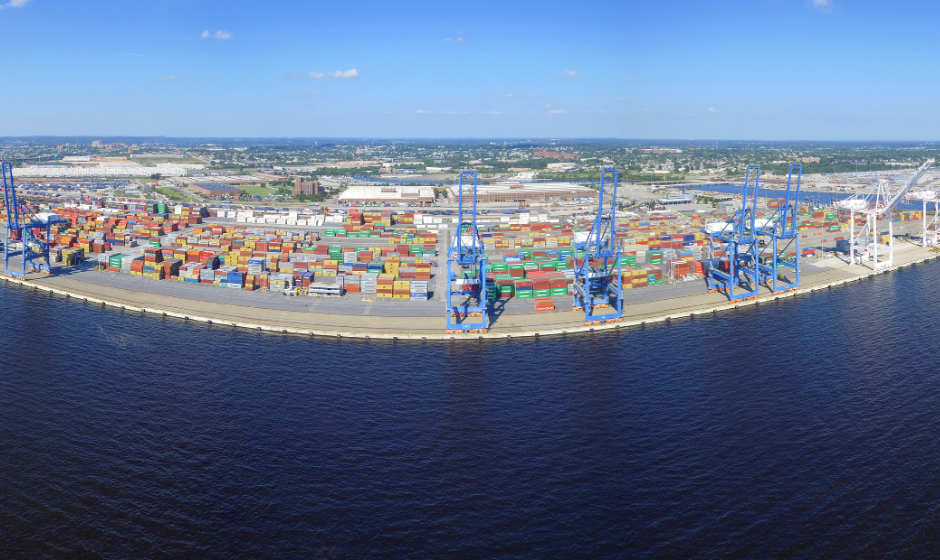
Whether a port closes due to a worker strike, extreme weather, or an infrastructure failure, it represents a major hiccup in the supply chains of shippers around the world.
Unfortunately, supply chain interruptions like these are not uncommon. But the good news is that, because of their frequency, transportation providers are experienced in helping shippers navigate unplanned supply chain issues.
In our decades of service to shippers like you, Anderson Trucking Service (ATS) has seen how the transportation industry has successfully navigated uncertainty and disruption following port closures and other major events.
The wars in Ukraine and Palestine, the crises at the Panama and Suez Canals, and the COVID-19 pandemic are all recent examples of challenges faced — and overcome — by shippers and carriers around the world.
We know that any disruption to your day-to-day operations can be concerning. That’s why we’ve put together a guide to port closures and their effect on domestic and international shipping.
This article will provide answers to your most immediate questions regarding the impact of a major port closure on your shipments, including:
- What causes port closures?
- What happens to shipments during port closures?
- What to expect: Domestic shipping
- What to expect: International shipping
- What can shippers do to minimize supply chain interruptions?
By the time you’ve finished reading, you’ll be armed with the knowledge you need to make the best decisions for your business, and the peace of mind to carry on with confidence.
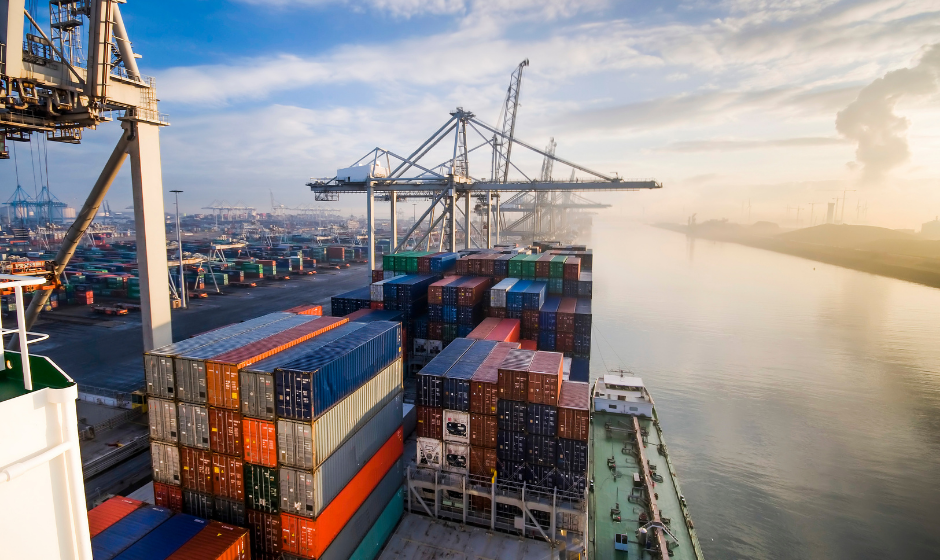
What causes port closures?
Accidents, construction, labor shortages, strikes, natural disasters, pandemics, global conflicts — port closures can be caused by any of these factors and others. Total closures are less common than increased port congestion, which can be caused by a similarly broad range of factors, including:
- Lack of infrastructure
- Labor shortages or strikes
- Truck driver shortages
- Chassis shortages
- Inefficient customs processes
- Government shutdowns
- Seasonal demand
- Severe weather
- Construction
Related: Disruptions in Supply Chains Throughout History — and What It Takes to Survive
What happens to shipments during port closures?
When a port closes for any reason, transportation and logistics providers spring into action to reroute shipments, keep freight flowing, and ensure the reliability of the global supply chain.
If a shipment is already at port
Freight forwarders will contact carriers, drayage companies, and the authority responsible for the port in question to understand the situation and line up options for moving cargo as soon as they are able.
As a shipper, your freight forwarder or logistics provider will be in frequent communication with you to keep you fully informed about your freight’s status and the impact of the closure on your timelines and costs.
If a shipment is in transit
If a shipment is in transit and destined for a port that is now closed, freight forwarders will work to reroute freight to the nearest open port that has capacity.
Shippers should be prepared for additional time and cost on their shipments when rerouting. Work with your transportation provider to find alternate ports and routes that work best for your shipping schedule and budget.
If a shipment is still at origin
If a shipment has not yet left the port of origin, freight forwarders will work with the shipper and receiver to determine which open port is the best alternative.
If shippers can be flexible with their timelines and port locations, they increase their chances of finding a satisfactory contingency plan that does not have a major impact on their business objectives.
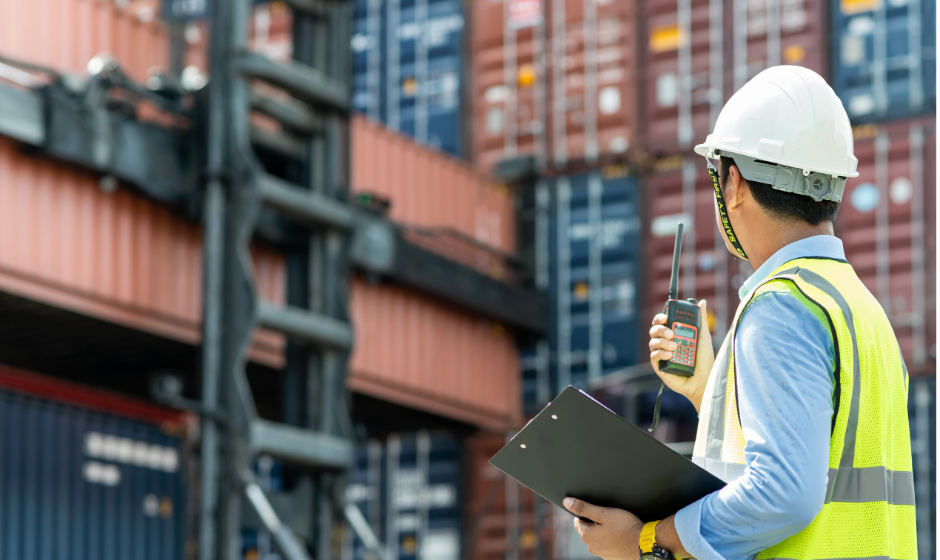
What to expect: Domestic shipping
When a major port closes for any reason, it can impact your domestic supply chain in a variety of ways:
- Increased trucking and rail rates in areas affected by a new influx of rerouted cargo to alternative ports.
- Truck capacity may be low as drivers head to different ports and get tied up in traffic congestion and detours.
- Delayed pickups and deliveries due to increased traffic and detours.
- Higher fuel costs due to the closure’s impact on international trade.
Overall, domestic shippers can expect higher costs, longer shipping times, and an increased need for flexibility in their route planning.
Related: How Do Domestic Supply Chain Disruptions Happen? (and How You Can Avoid Issues)
What to expect: International shipping
While international shippers feel the most immediate effects of a major port closure, they are also incredibly nimble. Shippers will reroute to other ports to keep shipments moving, lessening the impact on their supply chain.
Still, the repercussions of a port closure can echo across international supply chains, culminating in overall inefficiencies:
- Departure delays and cancellations. Your shipment may be rolled to the next available departure window or canceled altogether until an alternate port can be determined.
- Slowed processing and delays upon arrival at alternative ports due to increased inbound shipments and related congestion.
- Higher overall shipping costs to accommodate changes in route, higher fuel costs, delays, etc.
RELATED: How Do Global Supply Chain Disruptions Impact International Shipping?
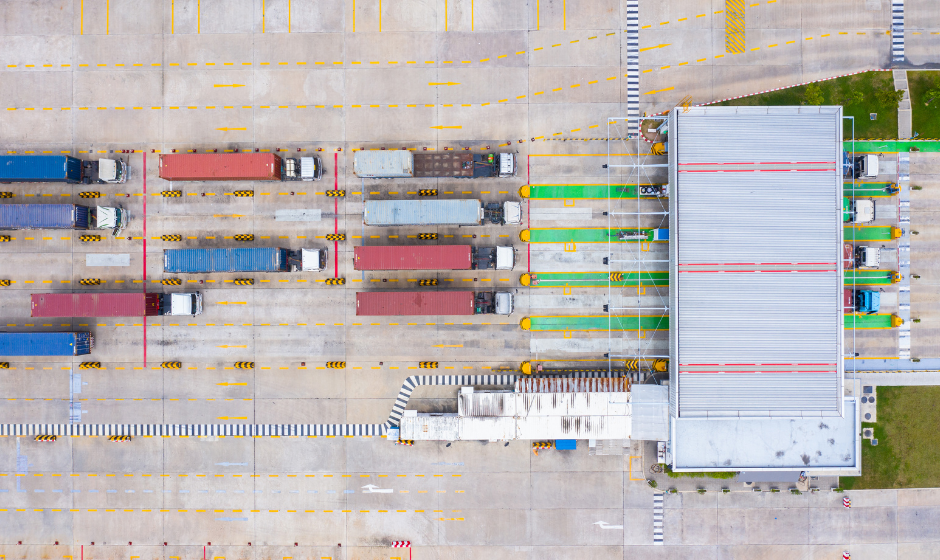
What can shippers do to minimize supply chain interruptions?
As a shipper, your transportation provider will be your central lifeline throughout any supply chain disruption caused by a major port closure.
Your freight forwarder will communicate regularly with you to keep you up-to-date on contingency plans and options, potential timeline and cost changes, and any roadblocks that develop.
The best thing you can do to minimize supply chain interruptions? Be flexible.
Flexibility with your timelines and pickup windows will facilitate a smoother supply chain, even in the face of disruptions.
Communicate clearly and consistently with your provider about your willingness to explore new options and to what extent. If you can offer your provider the highest possible degree of flexibility, they’ll use that longitude to find you the best solution for your situation.
Increases in cost and shipment time are to be expected, so plan in advance for these additional expenses and work closely with your provider to find cost-effective alternatives to minimize any cost impacts.
Related: Top 8 Global Freight Forwarders in 2024 (and How to Choose a Provider)
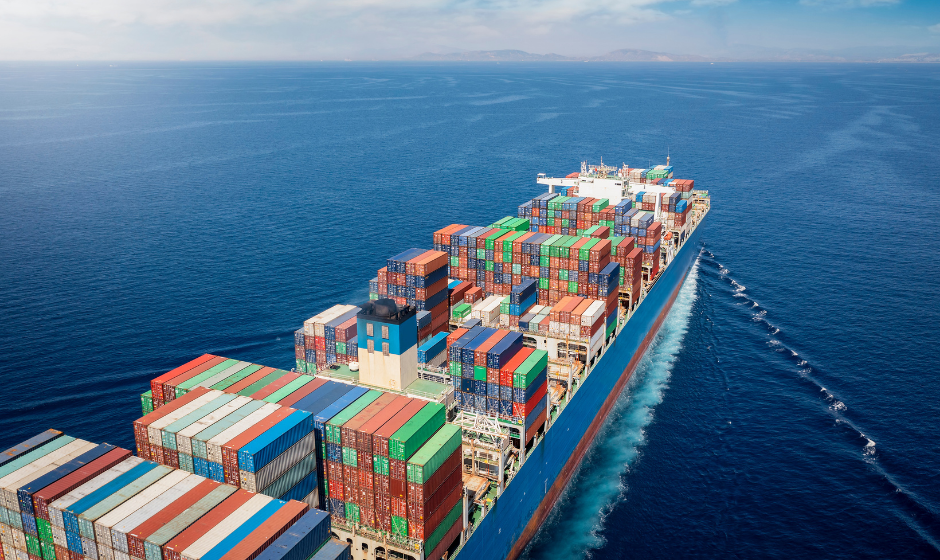
Unexpected port closures happen. Regardless of the cause — accidents, labor strikes, natural disasters — port accessibility can change at a moment’s notice, forcing shippers and carriers to find contingency plans for their freight.
The good news is that freight forwarders and ocean carriers are well-versed in these types of supply chain disruptions. When a major port closes, they’ll work non-stop to ensure freight keeps moving to alternative ports.
Like knocking over the first in a line of dominos, closing a port also impacts ground freight transportation. Experienced providers can help shippers navigate new routes and challenges like truck scarcity and traffic congestion.
The truth is, there’s no need for shippers to panic during a major port closure. Solutions can and will be found, and as long as shippers remain level-headed and open to alternatives, they’ll come out on the other side with their businesses intact.
If you’re looking for alternate ports for your freight during a closure, check out our list of the 10 Busiest U.S. Ports in 2024 (and How to Choose One). It will help you understand each major port’s capacity and viability for your specific trade routes and freight types.




